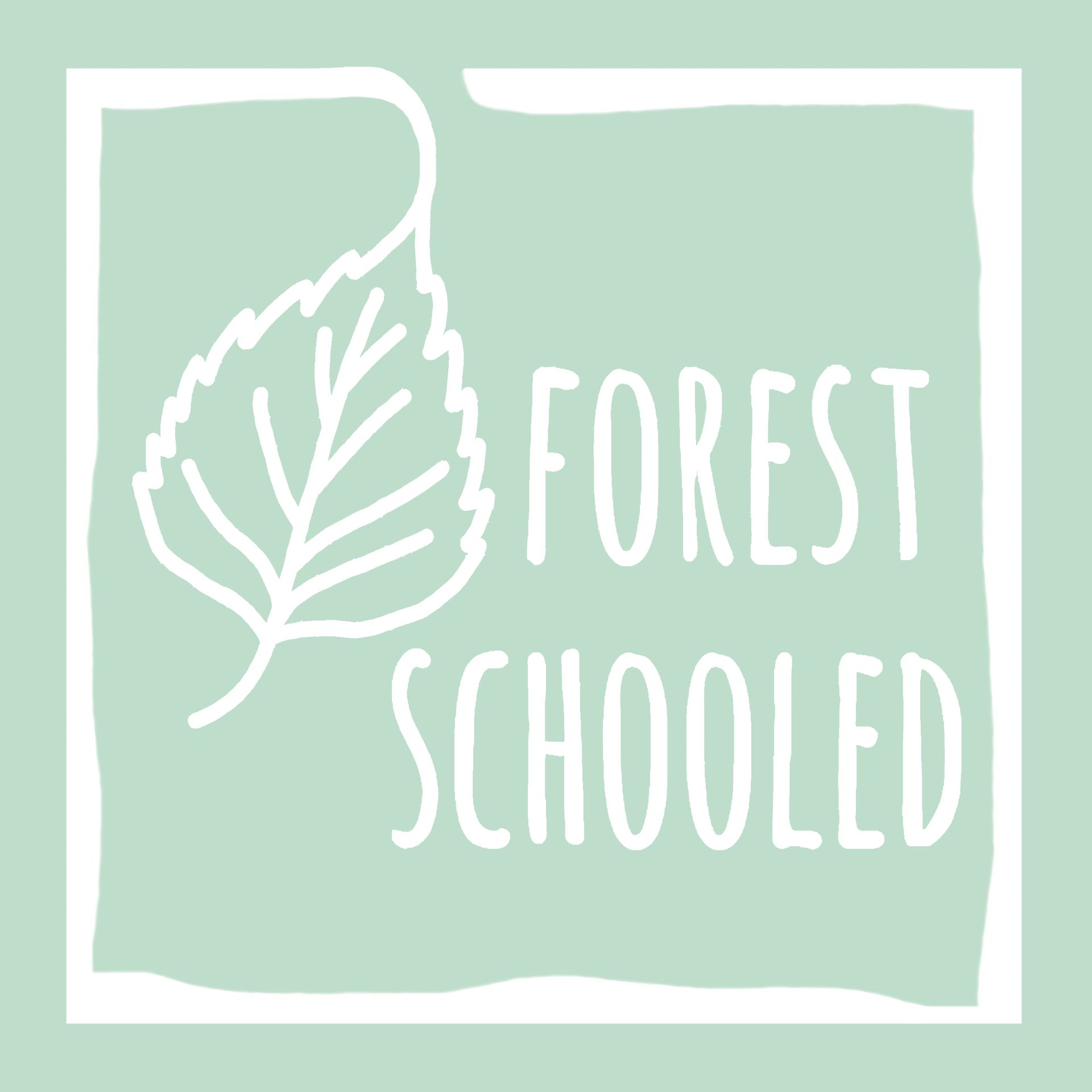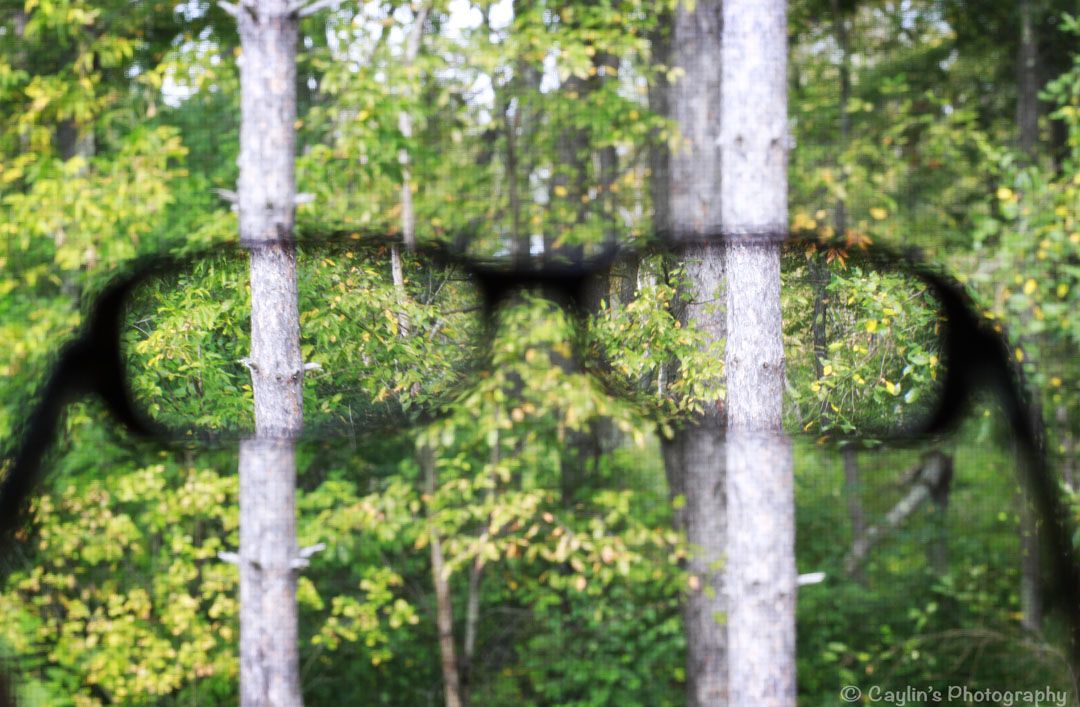
Blog
Stories from my personal journey learning about and delivering Nature-rooted programs across three different countries
What is Forest School for? A purpose viewed through many lenses...
Caylin (Forest Schooled)

Empty space, drag to resize
Short on time? Listen to this blog post as a podcast. And subscribe to my podcast channel on Apple Podcasts, Google Podcasts, or Spotify.
It's often said that Forest School isn't about achieving particular outcomes... but this isn't entirely true.
It may not solely be about achieving particular academic outcomes, but we're still doing it with some sort of intention. Obviously it still has a purpose. In delivering it, we are seeking to achieve something! So what is that something? Or shall I say somethings?
This week I attended a talk by David Sobel on the need for children to play outside in nature on a regular and frequent basis. Sobel (2017) focused on two particular themes:
1. The influence on later environmentalist attitudes and behaviours and
2. The impact on academic achievement.
During the talk, Sobel (2017) referenced a study by Nancy M. Wells and Kristi S. Lekies (2006) in which 2,000 interviews with adults living in urban areas were conducted to determine whether there was a link between a person's childhood nature experiences and their current environmental attitudes and behaviours. The results indicated,
"Childhood participation with wild nature (e.g., hiking, camping, or playing in the woods), had a significant, positive effect on both adult environmental attitudes and behaviors. That is, people who participated in wild nature activities as children were more likely to have pro-environmental attitudes and behaviors as adults. Additionally, Wells and Lekies found that childhood participation with domesticated nature (e.g., picking flowers or planting seeds), while having a significant, positive effect, did not have as great an influence as that of wild nature on environmental attitudes and had only a marginal effect on environmental behaviors" (Children & Nature Network, 2017).
Sobel (2017) also discussed the impact of wild play experiences on student's academic achievement, referring to three Forest Days case studies. 'Forest Days' is a relatively recent initiative in Vermont and New Hampshire in which teachers take their classes out to the forest one day a week, allowing time for free outdoor play. The three case studies all indicated the programs improved and supported academic achievement.
The discourse of Sobel's (2017) talk provided encouragment that programs like Forest School can be a really valuable thing, but his focus on the two outcomes of environmentalism and academic achievement also offered me the opportunity to reflect more deeply on the outcomes I wish to achieve through Forest School and to ask myself in a broader sense,
"What am I doing this for? What is Forest School for?"
I think the answer to what Forest School is for can vary from person to person. We tend to view it through different (and overlapping) lenses.
For example,
Is to inspire environmental awareness and future stewardship of the earth?
Is it to promote academic achievement?
Is it to support child-development?
Is to benefit well-being?
Is to offer a program with therapeutic value?
(And, is there the tendency to focus on some of these values more than others when delivering and promoting Forest School?)
These are just some of the lenses I have viewed Forest School's purpose through, but I know there are many other additional or alternative perspectives to mine... And I would really love to know what they are! So, if you're willing to help me, please leave a comment below or in a private message (link here) letting me know, what do you think Forest School is for? Why do you do it/support it? What are you hoping it achieves? I'd really like to create a bigger picture perspective so your contribution to this discussion will be incredible valuable.
Thank you!!
References:
Children & Nature Network (2017) Nature and the life course: Pathways from childhood nature experiences to adult environmentalism, 16/09/17.
PEER Associates, Powers, A.L. (2017). Forest Days Case Studies: Hartland Elementary, VT; Ludlow Elementary, VT; Mount Lebanon Elementary, NH. http://naturalstart.org/sites/default/files/staff/forest_days_case_study_2017_full.pdf, 16/09/2017.
Sobel, D. (2017) Wet Sneakers and Muddy Clothes: The Importance of Nature-Based Play and Education, 14/09/17, Westminster, VT.
Wells, N. M., Lekies, K. S., (2006). Nature and the life course: Pathways from childhood nature experiences to adult environmentalism. Children, Youth and Environments, 16(1), 41663.
More Posts
WANT TO GET FOREST SCHOOLED TOO?
Subscribe to my email letters, something special from me to you so we can learn together. Each one is filled with heart-felt stories from the forest, resources you may find useful, and things that hopefully bring a smile too.
Thank you!
© by FOREST SCHOOLED
